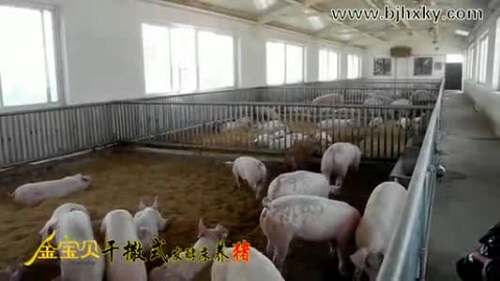At the end of May 2014, the Ministry of Finance and the Ministry of Water Resources jointly studied the comprehensive reform of agricultural water prices. Regarding the idea of ​​agricultural water price reform, the Ministry of Water Resources has stated that it is necessary to build a government and farmers to jointly assume the agricultural water price cost system, reasonably determine the government subsidy standards and methods, and implement a fixed tariff for water use within the fixed water price and a progressive water price increase for over-quota. In early September, the National Development and Reform Commission, the Ministry of Finance, and the Ministry of Environmental Protection jointly issued a notice requesting that by the end of June 2015, the collection standards for the sewage and waste gas pollutant discharge fees of all provinces (autonomous regions and municipalities) in China will be adjusted, and differentiated sewage charges be implemented at the same time. The policy is to establish effective constraints and incentive mechanisms for promoting the emission reduction of enterprises. The current effluent and waste gas pollutant discharge fee collection standards are 0.7 yuan and 0.6 yuan per pollution equivalent respectively. After this adjustment, the two standards will be adjusted to not less than 1.4 yuan and 1.2 yuan, respectively, doubled. Large-scale pig farms have large water consumption and will bear more over-quota prices; the doubling of sewage charges will also lead to a significant increase in pig-raising costs. (Source: Nongbo.com)
With the promulgation of the policy of adjusting the price of water and sewage charges, pig farms, especially some large-scale pig farms, will face the result of a straight rise in the cost of raising pigs. Now that the market for pork is relatively sluggish, how can pig farmers protect their interests from low yields and high costs? It seems that the conversion of farming mode is imperative. The Jinbao dry-sweeping bed pig-raising (click here for details) model can fundamentally solve the problem and protect the interests of the pig farmers.

Second, zero sewage, no need to pay for the cost of pollution disposal Jinbao dry-type fermentation bed pig technology, no need to flush the water to clean up the pig manure, eliminating the discharge of sewage. The decomposing fermentation of pig manure urine through fermentation bed strains can be converted into crude protein, water, and gas that can be eaten by pigs, without artificially removing fecal matter, and without worrying about faecal contamination and odor pollution, and the farm can achieve zero sewage discharge. No odor.
It can be seen that in the future, pig farms want to protect the cost of raising pigs and maintain the benefits of raising pigs under such a severe situation. It is an inevitable trend to transform the breeding mode. Because of its many years of successful experience in customer use, Jinbao Dry Sausage Pig Breeding Technology is the best choice for pig farmers in the future. Details can be consulted: Beijing Huaxia Kangyuan Technology Co., Ltd. Telephone toll-free hotline Recommended reading:
1. Fermentation Bed Farming in Shaanxi: Eliminating Pollution Problems in Livestock and Poultry Breeding Industry
2. Golden treasure helps the development of the ecological circulation model of rural planting and breeding
YT-S350
Rechargeable Hearing Aid,BTE Hearing aid,analog Hearing aid
Shenzhen Sunshine Technology Co.,Ltd , https://www.yatwin.com